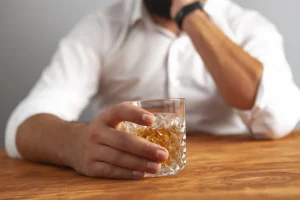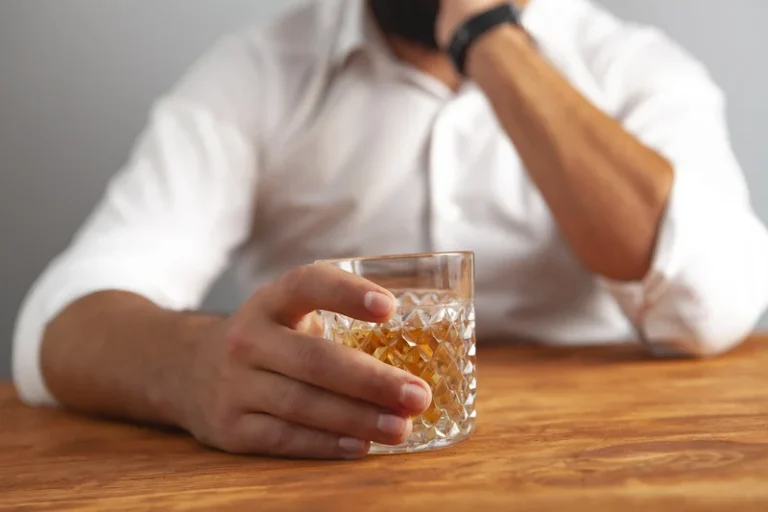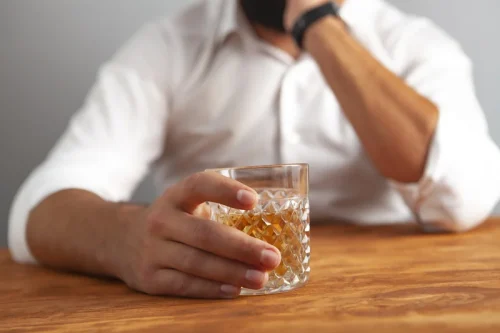
It’s not, it is way more important than not saying those things don’t matter, though. In the UK, definitely we are brainwashed. I now believe into thinking that there are two types of drinkers there are those at rock bottom, who absolutely need alcohol services rehabilitation. I knew that wasn’t me, I was perfectly fine. You know, everyone else thought I was fine.
- Beyond overcoming dependence, sobriety fosters improvements in physical health, mental well-being, relationships, and overall quality of life.
- This information is not intended to create, and receipt or viewing does not constitute a doctor-patient relationship.
- And you will very quickly find that a little voice in Your head will say, Oh, I know you would had a couple of months sober.
- Because I think so many of us, I think are we’re more naturally inclined to think about fixed mindset, because that’s kind of what our, our culture, our culture perpetuates.
Start Reading
Similarly, Self-Management and Recovery Training (SMART Recovery) offers a secular, evidence-based approach focusing on self-empowerment and cognitive-behavioral techniques. SMART Recovery meetings encourage individuals to develop coping strategies, manage cravings, and set achievable goals, promoting self-reliance in the recovery journey. The early abstinence and rehabilitation phase is crucial in alcohol recovery, focusing on establishing and maintaining sobriety through various therapeutic interventions. During this period, individuals engage in therapy and counseling sessions designed to address the psychological aspects of addiction, helping them understand the root causes of their alcohol use and develop effective coping strategies. Participation in support groups, such as those following the 12-step model, offers peer support and shared experiences, fostering what is Oxford House a sense of community and accountability. These combined efforts aim to equip individuals with the tools and support necessary to navigate challenges, prevent relapse, and build a foundation for sustained recovery.
Beyond the First Week: Post-Acute Withdrawal Syndrome (PAWS)

This course is not a 30 day challenge, or a one day at a time approach. Instead, it’s a step-by-step formula for changing your relationship with alcohol. The course will help you turn the decision to stop drinking from your worst case scenario to the best decision of your life. You will sleep better and have more energy, you’ll look better and feel better, you’ll have more patience and less anxiety. And with my approach you won’t feel deprived or isolated in the process. So if you’re interested in learning more about all the details, please go to You can start at any time and I would love to see you in the course.
Signs You Need Professional Detox
But it’s just a challenge that we hold, and we hold it a couple times a year, we actually just started a new round on March first, where we, as a collective community go, I’ll call free for 42 days. You can already be sober, you can already be a couple days, you know, alcohol free. And we also like to remind people, it’s okay to have a slip up. So, if you’re interested in joining late, or if you have a drink or two during that 42 days, it’s as long as you are getting up the next day and saying, you know what, I want to continue to do this challenge.
Transition to Ongoing Treatment
Or you’re too young to know, you know, like you haven’t even really started and stuff. And it’s like, why would you ever tell somebody that he’s trying to get sober, like, it shouldn’t matter. That’s that whole idea of qualifying really bothered me.

Sober Curiosity: A Search for Peace and Freedom in a Life Without Alcohol

So that was one reason why, when I chose to start the DRI club, I chose to change the language. You know, nobody really was we kind of came up with the term AF because AF was already obviously used for something else. This episode is about the dry life and specifically choosing reframing holidays in early recovery a lifestyle, not a label. My guest today is Kayla Lyons, who is the 28-year-old founder of 1000 hours dry and the host of The Dry Life podcast. She stopped drinking at 23 years old, which is incredibly young.

How do Nutrition and Exercise Support Alcohol Recovery?

To address these challenges involves a structured approach that includes behavioral therapy, support networks, and lifestyle modifications to support sustained recovery. AA attendance resulted in increased alcohol abstinence over time, outperforming other clinical treatments. SMART Recovery’s focus on cognitive-behavioral strategies and self-management has shown promise in supporting individuals seeking alternatives to traditional 12-step programs.
